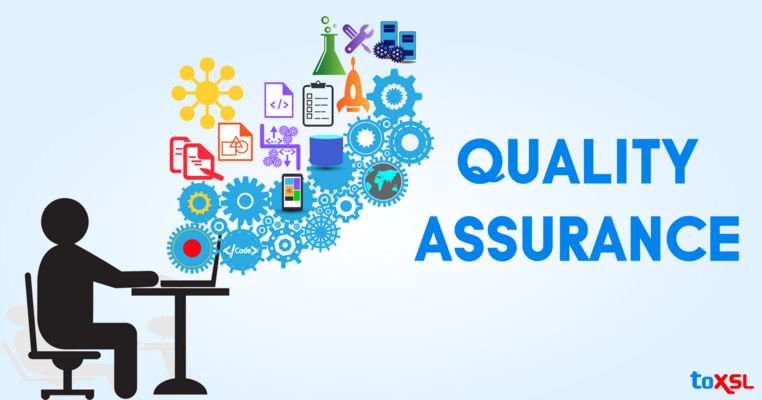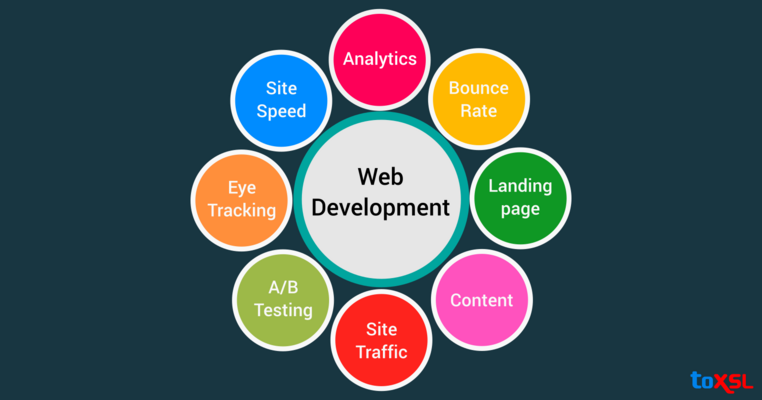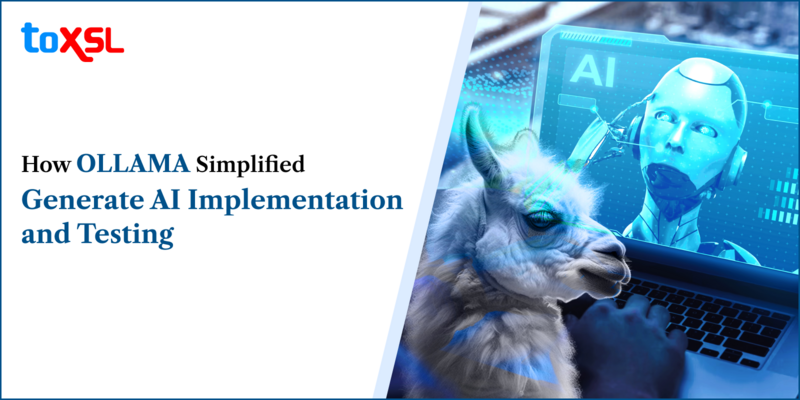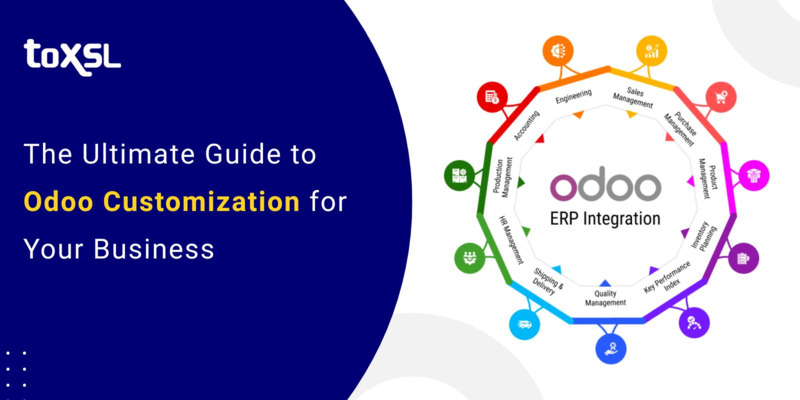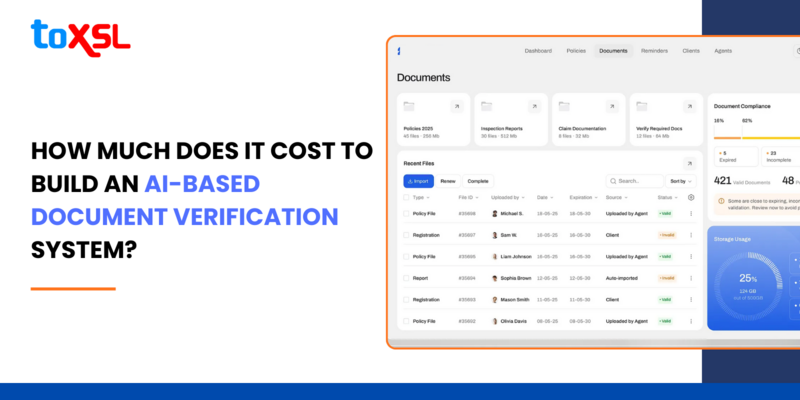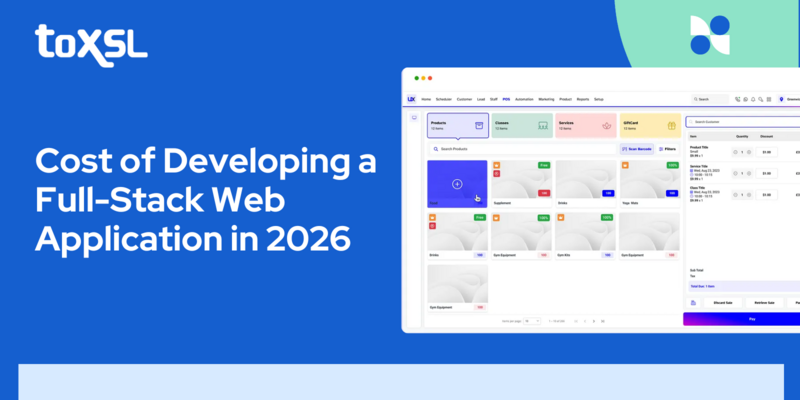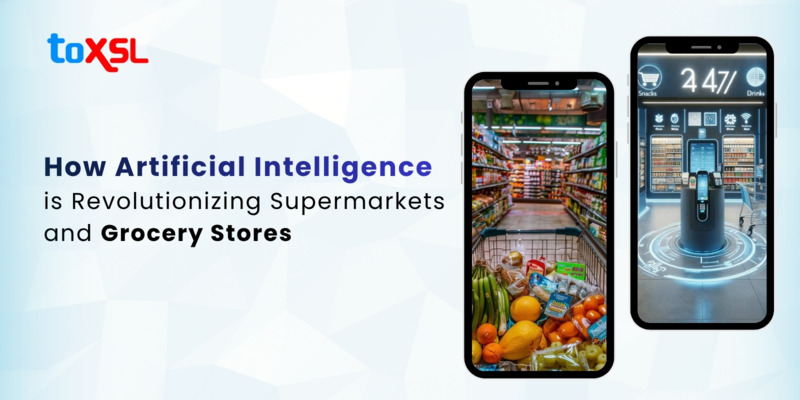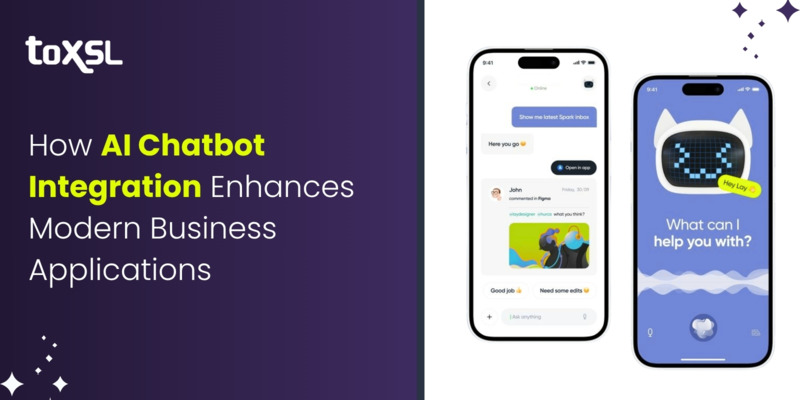- Sep 29, 2020
- Artificial Intelligence
- 10305
Share this post on:
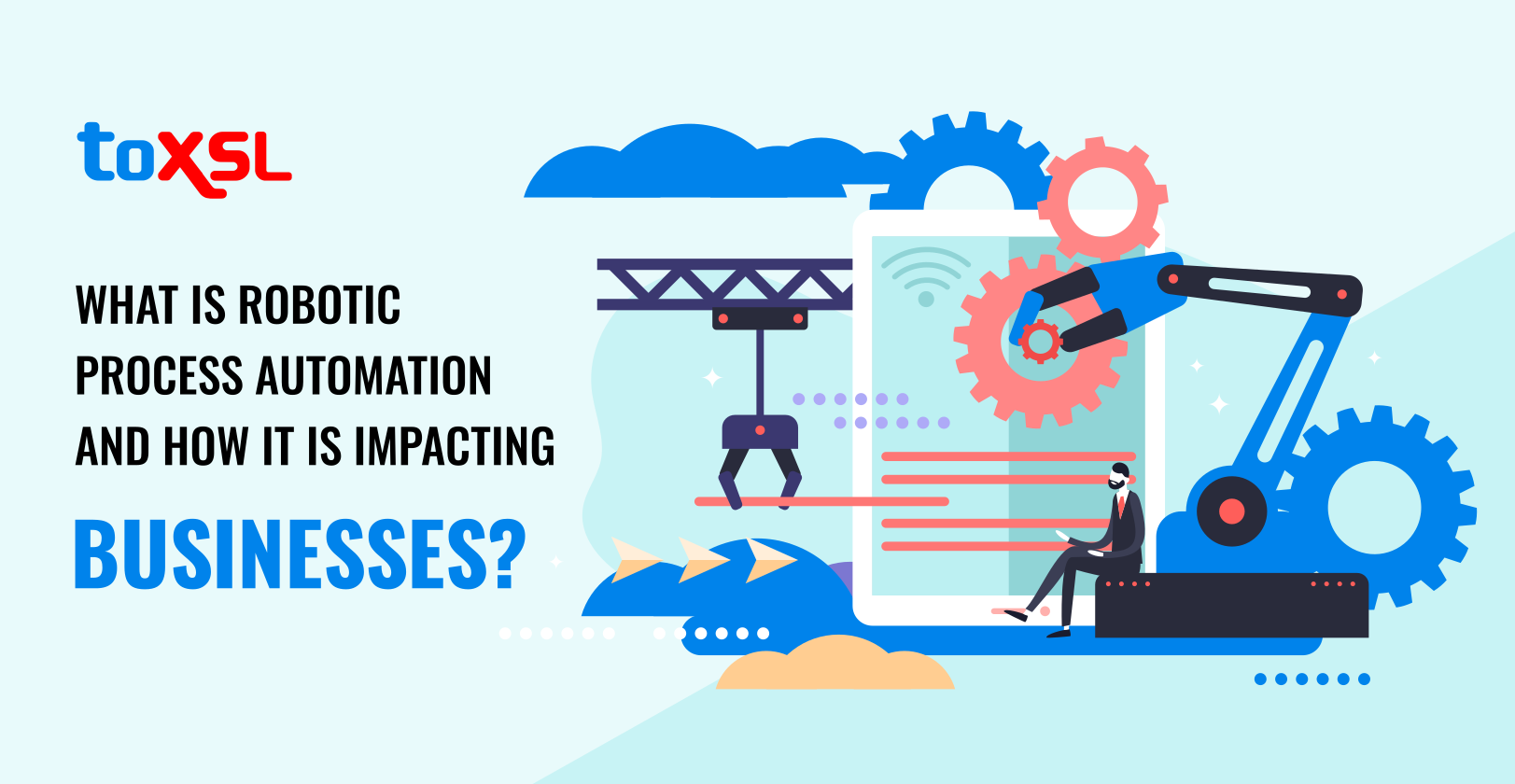
Today, Technology has reached so far that every business from small to large scale, have started using the art of technology. One such example is the Robotic Process Automation (RPA).
RPA or Robotic Process Automation is simple and robust automation software allowing you to automate your business process. The chatbot is the biggest example of RPA helping businesses to gain a competitive advantage.
How does RPA work? How is it different from other automation? How RPA can grow your business? In this blog post, we are going to answer every question related to RPA. Let us get started.
How Does RPA Work?
There are several methods to integrate RPA with your systems. For Robotic Process Automation to work, it has to be accessed with your existing IT systems first.
You can integrate RPA to your system either by connecting to the database in the backend or through the desktop or front end connections that usually have multiple forms.
Which way is better for your business?
It usually depends on the business requirements.
With Backend
When done with the backend integration, "process automation server" controls the systems and services.
In this process, every backend office task is controlled by robots. If your business lacks staff and you want to continue with unattended automation, you need backend integration in your system.
With Frontend
When done with the backend integration, desktop applications like PeopleSoft and SAP can help you automate the process.
The best thing about front-end automation is that it can easily read and write data. Moreover, it can take data right from the user interface of the target.
Not only this, with the front end integration, the system can draw information from PDFs, images, as well as, remote applications.
HOW DOES IT VARY FROM TRADITIONAL SOLUTIONS?
Today, businesses want to make the best use of automation. For every business, automation means:
• Allowing the staff to focus on decision-making processes
• Making every process adequate.
• Reducing errors and improving accuracy.
• Minimizing the cost.
WHAT KIND OF INDUSTRIES USE RPA?
There is no doubt that RPA is for every industry and every business can leverage RPA and reap its benefits. From banking, healthcare to manufacturing, RPA can be used successfully.
Banking
- Quick credit estimation
- Operational effectiveness
- Increase compliance
- Fraud detection and prevention
- More beneficial insights
Healthcare
- Better insights
- A smooth back and front office processes
- Improved patient record
- Elimination of regulatory burden
- Cost cut
Manufacturing
- Cost cut
- Better customer experience
- More productivity
- Less burden
Transportation
- Simplify order management
- Allow real-time access to information
- Lessen transaction times
- Optimize order distribution cycle
Also, Read: Top 6 Advantages Of Using Chatbots In Your Business
Why are people shifting to RPA?
• RPA can be easily blended with the current systems.
• RPA bots communicate with systems just like a human as they work at the level of the UI.
• RPA lets businesses take action immediately.
• RPA can be effected immediately as compared to the traditional systems.
CONCLUSION
RPA helps businesses of every industry succeed and get a competitive advantage. Robotic Process Automation decreases costs and increases productivity. Businesses can enjoy a high return on investment while delivering 100% value to their customers.



